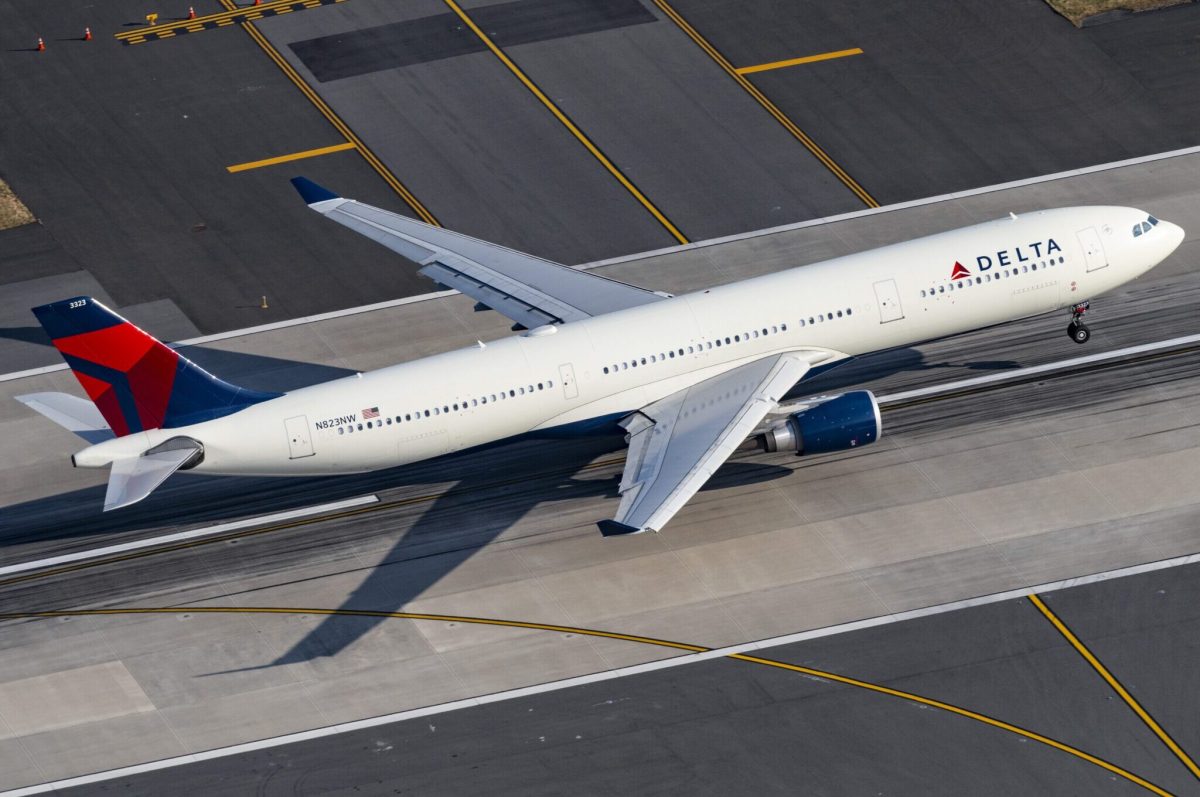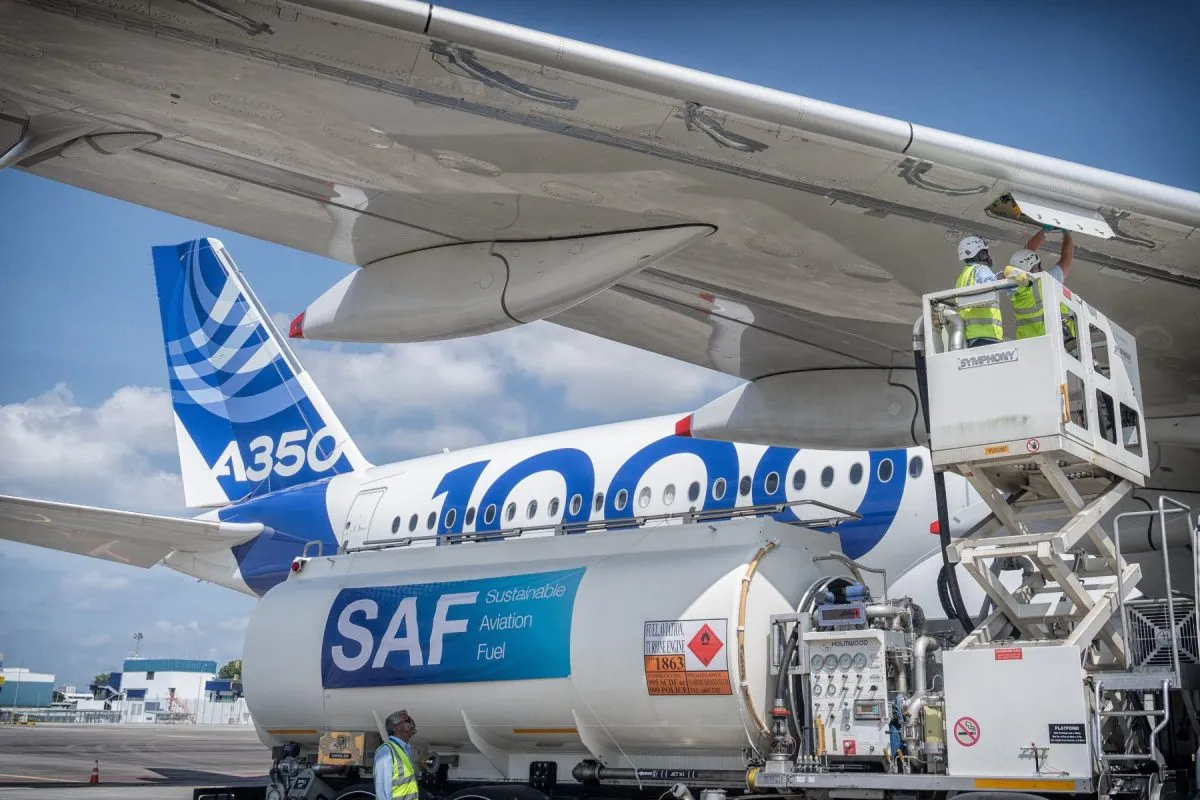What Will Global Travel Manager CWT Do With $250 Million in New Capital? Get Smaller, For One

Skift Take
Big changes are happening at the top of travel management company CWT, which has now restructured its operating divisions, weeks after raising new capital.
The Minneapolis-based company last week announced it had created three new global operating units: RoomIt and commercial; traveler experience and customer; and strategy and transformation.
Join Us For Our Skift Global Forum Online Conference September 21-23
CWT said the new structure was aimed to accelerate innovation, transformation and growth. But against the backdrop of a pandemic, it also means downsizing.
"Given the need to realign resourcing in today’s market conditions but also to protect employees, operating costs have been managed mainly through temporary furloughs and pay reductions, and more recently also through voluntary programs offered by the company that have received strong interest from employees globally," the company said in a statement.
Skift approached CWT for more details, but it declined to elaborate. A spokesperson said: "There were three elements to the voluntary program — extended furlough, changing to a part time role, and voluntary redundancy."
Leaner Future
One source familiar with the company said CWT could emerge 30 to 40 percent smaller, with 30 percent of employees opting for voluntary redundancy. As well as potentially losing some of its more experienced staff, the restructure leaves CWT as a top heavy organization, which isn't a good look when you need to navigate your way out of a global crisis.
CWT has been radically slimming down over the past couple of years. In January 2019, it axed its country director roles for Germany, Austria, Switzerland, Italy, Benelux, UK and Ireland, France, and Spain.
A year later, it further simplified its Europe, Middle East and Africa operations, and moved its Greece, Morocco, Eastern Europe, and Baltic local market management into "cross-functional market management teams." Country manager roles were removed for Greece, Morocco, Eastern Europe and the Baltics, incorporating Bulgaria, Hungary, Latvia, Estonia, Lithuania, Czech Republic, Romania, and Ukraine.
The source added that moving from a previous "matrix system" could prove disadvantageous. "You need strength at the local level," he said. "It’s going to put pressure on them. They’ve taken the country senior leadership out, and went to a functional model. Sales on a global basis, finance on a global basis ... they’re very big portfolios. It’s difficult to see how they can be nimble."
'A Light Raising'
And what about the extra cash the company secured? On August 20, CWT raised $250 million in new liquidity, following an exchange offer, including a $125 million equity injection from its principal shareholder Carlson, Inc — a family-run, privately held company.
At the time, Kurt Ekert, CWT's president and CEO, said: “I am delighted that we have seen such a strong show of support and endorsement for our financial proposition, our growth strategy and our business plans by our shareholders, lenders and bond holders.”
That cash will likely be used to cover the costs of restructuring. "It’s a very light raising and I suspect the money will not be used on acquisitions and investments, but will stem the cash burn," the sourced added. "They’ve got to fund the redundancies and restructuring program."
However, CWT is in a relatively strong position to weather the storm due to its exposure to essential services clients, via its SatoTravel division in particular that caters to U.S. military and government business. It also has a dedicated energy, resources and marine division, with clients in these sectors likely to have continued their travel during the pandemic.

Kurt Eckert, CEO at CWT, speaking at the World Travel and Tourism Council Global Summit in Madrid, Spain, in 2017.
According to a recent Fitch Ratings report, CWT generates roughly two-thirds of revenue from transaction fee-based clients, and a third from management fees. In May this year, it also announced a strong performance for 2019, with increases in transaction volumes, sales, and revenues. For the year ended December 31, 2019 its total transaction volume was $24.8 billion, with contracted new sales of $1.8 billion and revenues $1.53 billion.
Skift approached CWT for comment on whether it had outlined a recovery plan, based on geographical structures or market sectors, and whether it would look to make any acquisitions.
A spokesperson told Skift: "We remain totally focused on our B2B4E (Business-to-Business-for-Employees) innovation, and in meeting our commitments to clients and their travelers — wherever and in whatever form these might take.
"We look forward to further strengthening our leadership position following the implementation of our new operating structure — which underpins the commitments above. And, as we navigate through, and emerge from, the impact of the global Covid-19 pandemic, we do so from a secure financial base, with a talented and aligned team and we will continue to take measures to reduce our operating spend and respond with agility to the challenges posed by the pandemic."
With travel slowly resuming, CWT, like the rest of the industry, will be looking forward to busier times. In the meantime, there's the thorny issue of consolidation. The company's been less bullish than its rivals, some of which haven't shied away from announcing their intention to carry on building their empires.
Flight Centre Travel Group has been on a buying spree recently, even during coronavirus, with investments in TP Connects Technologies and WhereTo.
CTM believes it has acquisition opportunities ahead of it, with the travel downturn creating a opportunity for industry consolidation. "CTM is well positioned to take advantage of any opportunity with its strong balance sheet," the company said in its annual results.
American Express Global Business Travel, meanwhile, could be another suitable buyer. Since striking a deal with HRG in early 2018, it also acquired Germany's DER Business Travel in 2019. Could be on the horizon?
"CWT is a potential acquisition target. I see them being a net loser unfortunately, and there are others out there who might take an opportunistic approach and make a consolidation play," the source said, adding private equity firm Certares is probably already looking at the company right now.
Register Now For Skift Global Forum, Happening Online September 21-23




